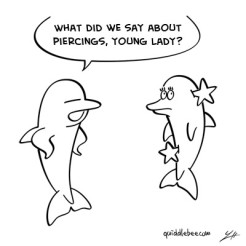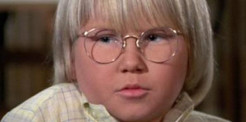I do not understand teenagers who fail to rebel
/My wife tells me that a former student, now in college, is engaged to get married. I raise my eyebrows, surprised at the early age in which she has decided to tie the knot.
My wife explains that her former student is from a very devout family and takes religion quite seriously, and these people tend to marry early.
Right there she has lost me, because I cannot understand how a young person becomes as devout about their religion as their parents, because I cannot understand why all teenagers and young adults don’t rebel against their parents.
Especially in matters like religion, where time constraints and heavy-handed rules are arbitrarily imposed upon a person.
Time constraints and arbitrary rules? These seem like two of the best reasons for a teenager to rebel, and while many do, it’s not all, and I just don’t get it.
I am not a religious person. I am a reluctant atheist who would love to find some faith but cannot. But that doesn't mean I cannot understand why someone would embrace religion.
You've had a couple kids and suddenly decide to take religion more seriously for the sake of your children?
I get it. I wouldn't do it, but I get it.
You've lived a life of debauchery and hope that strict adherence to religion might save you?
I get it. It’s not for me, but I understand.
You’re getting older and are worried about your potential afterlife, so you decide to convince God that you are deserving a place in Heaven by attending church regularly and becoming more devout?
I get again. Again, I wouldn't do it, but I at least understand the motivation.
There are many reasons to find faith. Maybe I will find one someday.
But for a sixteen year old boy or a twenty year old girl to fall in lock-step with their parents on such conservative ideals as religion?
I don’t get it.
I know this a blind spot for me. I realize that I have a streak of nonconformity that has dominated much of my life. I know that many, many people embrace their parent’s religious beliefs with enthusiasm and sincerity, but I can not imagine spending my teenage years embracing any of my parents conservative ideals, and more important, I did not know a single person from that time in my life who did.
Everyone who I knew as a teenager was a rebel to one degree or another.
We all thought our parents were squares.
I just don’t get it. There is too much opportunity and appeal in making choices fr yourself and striking out on one’s own for me to ever understand why one’s parents beliefs would ever become your own.
At least at first.
My wife attempted to claim that she did not rebel against her parents when she was young, but less than a minute later, after I had fired off an lengthy list of acts of rebellion from her youth, even she admitted that she was probably not in lock-step with her parents as she had once imagined.
I love this about her.
In fact, it’s one of the things I love the most about her.













